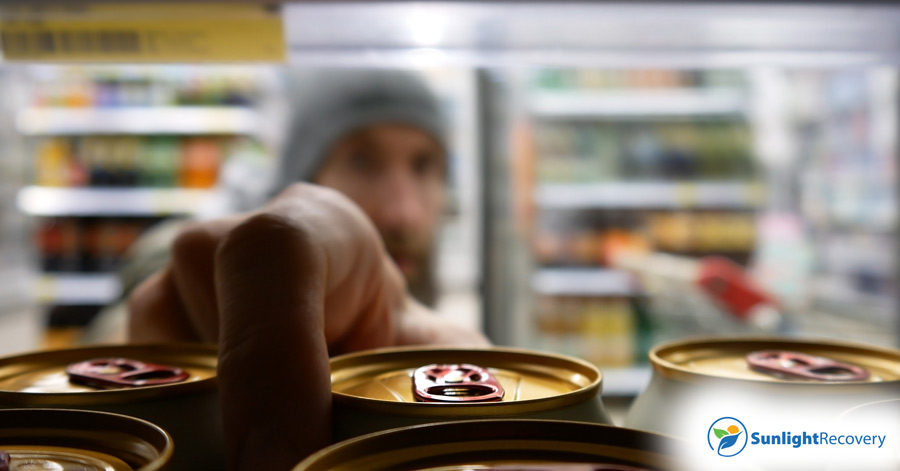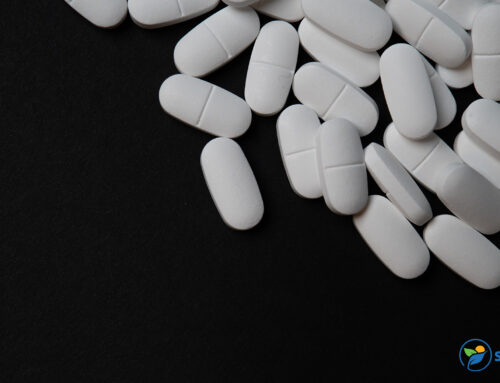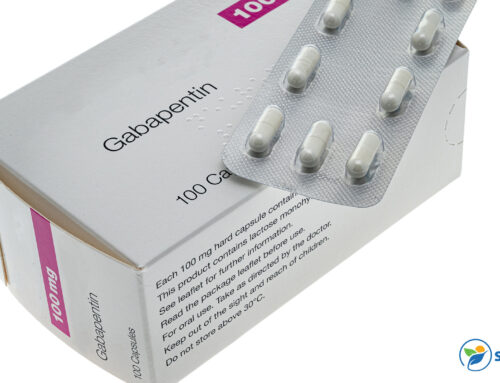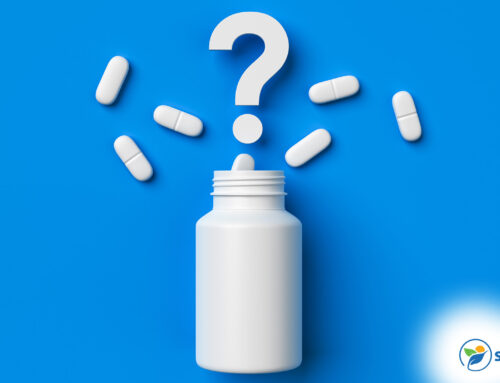When you hear the word “addiction,” you probably think of cocaine, heroin and other hard drugs. The term is usually reserved for substances that cause a user to develop a dependence on them, but even nonaddictive substances can create a chemical dependency. This includes energy drinks, which are packed with caffeine and other energy-boosting ingredients. Red Bull is one of the most popular energy drinks on the market, so many people wonder, “Is Red Bull addictive?” Keep reading to learn more about this type of addiction and how it affects the body.
Introduction to Energy Drinks and Their Ingredients
Energy drinks often contain large amounts of sugar and caffeine. For example, one 8.4-ounce can of Red Bull contains 80 milligrams of caffeine, double the amount typically found in a 12-ounce soft drink. If you drink three cans per day, that’s a total of 240 milligrams. One can of Red Bull also contains 27 grams of sugar.
According to the Dietary Guidelines for Americans, you should get no more than 200 calories per day from added sugars if you’re following a 2,000-calorie diet. Each gram of sugar has 4 calories, meaning an 8.4-ounce can of Red Bull contains 108 calories just from added sugars. If you have two cans per day, you’ll exceed the recommended limit without even consuming any other foods or beverages.
Many energy drinks also contain amino acids, vitamins and minerals to give you energy. Although there’s nothing wrong with these ingredients on their own, combining them with caffeine may make you feel jittery. In some people, these ingredients may make existing health conditions worse. For example, some people with kidney disease have to limit their phosphorus intake, as damaged kidneys can’t filter phosphorus out of the blood as efficiently as healthy kidneys can.
Understanding the Effects of Caffeine and Sugar on the Body
Caffeine stimulates the central nervous system, so it causes you to feel more alert. It also has several other effects on the body:
- Large amounts of caffeine may prevent your body from absorbing calcium properly.
- Caffeine consumption increases your blood pressure and heart rate.
- You may have to urinate more due to the diuretic effects of caffeine. A diuretic is a substance that causes your kidneys to excrete more water and sodium.
- Consuming caffeine triggers the release of stomach acid, which may cause heartburn or indigestion.
Too much caffeine may have harmful effects, especially if you have heart problems. If you’re an energy drink addict, you may have anxiety, trouble sleeping or headaches. Caffeine also makes some people feel restless and shaky.
Consuming too much added sugar also has harmful effects on the human body. In fact, experts from Harvard Medical School state that an excessive amount of added sugar is “one of the greatest threats to cardiovascular disease.” Excessive sugar consumption has also been linked to obesity, compulsive overeating, inflammatory diseases and behavioral changes.
Is Red Bull Addictive? Exploring the Potential for Dependency and Addiction
So, is Red Bull addictive? Not everyone develops an addiction to Red Bull and other energy drinks, but there’s definitely a risk of developing a chemical dependence on them. When you have a physical or psychological dependence on a substance, you need to take more and more of that substance to get the same effects. For example, many people start out with just one energy drink per day, but they eventually have to drink more just to get the same energy boost.
Examining the Risks and Side Effects of Energy Drink Consumption
Excessive consumption of energy drinks has the potential to cause some serious health problems. If you mix alcohol with energy drinks, for example, you may not be able to tell when you’re intoxicated. This can cause you to drink much more alcohol than is safe, leading to nausea, vomiting, passing out and other serious side effects.
Energy drinks have also been linked to dehydration, especially in people who drink them while working out. As noted earlier, caffeine acts as a diuretic, or a substance that increases the amount of water excreted from your body. If you consume energy drinks while you’re working out, you may lose too much water through a combination of sweating and increased urination.
Because energy drinks often contain large amounts of sugar, excessive consumption increases the risk for obesity and diabetes. Too much added sugar also promotes inflammation and increases your risk for developing fatty liver disease.
Finally, some of the ingredients in energy drinks increase your heart rate and blood pressure. They can also cause long QT syndrome, a heart conduction disorder. In people with long QT syndrome, the heart’s electrical system doesn’t charge as quickly as it should, leading to weakness, lightheadedness, passing out and heart palpitations. In severe cases, long QT syndrome can even cause seizures.
Tips for Moderating or Avoiding Energy Drink Use to Prevent Addiction and Protect Your Health
If you’re addicted to Red Bull or another type of energy drink, reducing your consumption can help you avoid the harmful effects of excessive sugar and caffeine intake. To protect your health, you may even want to avoid these beverages altogether. If so, follow these tips on how to stop drinking energy drinks.
Find an Alternative
The first step is to find an alternative beverage that tastes just as good but doesn’t have the same amounts of caffeine and sugar as your favorite energy drink. Plain water isn’t for everyone, so consider buying sparkling water or making your own flavored water with fresh fruits and vegetables.
Taper Your Consumption
If you quit “cold turkey,” you may feel sluggish and shaky for a few days. To prevent these withdrawal symptoms, taper your consumption instead of stopping all at once. If you normally drink four of these beverages per day, try cutting down to three per day. Once you’re used to that, cut down to two. This allows your body to slowly adjust instead of going through the shock of quitting suddenly.
Keep Your Consumption in Check
Everyone needs a pick-me-up from time to time. Unless you have a chronic health condition and your doctor advises you not to consume any energy drinks, there’s nothing wrong with having one of these beverages occasionally. Just don’t fall back into the habit of drinking them daily.
At Sunlight Recovery, we know how difficult it can be to break free of a chemical dependence. The good news is that help is available. If you’re concerned about an addiction to energy drinks or other substances, contact us to find out more about your treatment options.






